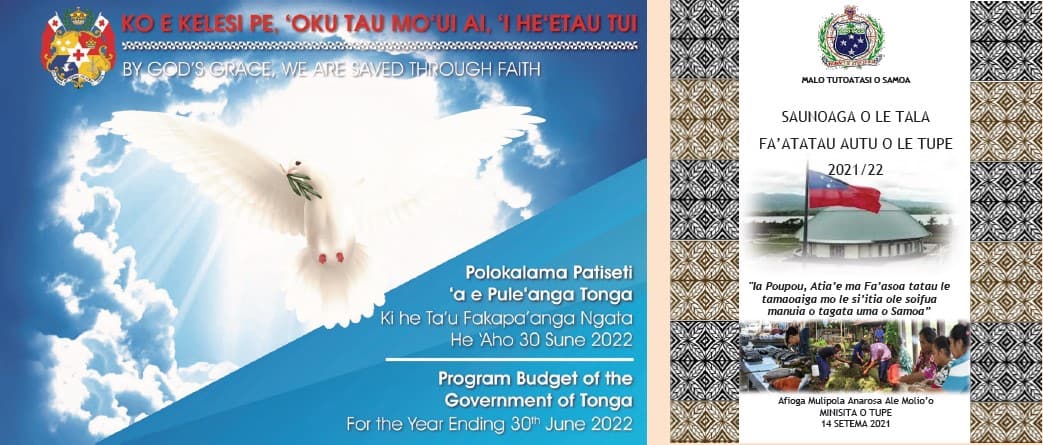The role of more inclusive public financial management
Inclusion for disability is inclusion for all, says the Pacific Disability Forum (PDF).
While this is true in every sphere in life, it is especially important when it comes to resource allocation in national budgets and public financial management as Pacific Island nations work to rebuild their economies after more than two years of the COVID-19 pandemic.
“The onset and stresses of the pandemic has affected everybody. We want to recover stronger and better together from COVID-19,” says PDF Chief Executive Officer, Setareki Macanawai.
PDF says this recovery will take a whole-of-government approach, and close partnership with civil society, the private sector and citizens.
“Inclusion of persons with disabilities in government resource allocations and public finance management is the inclusion of the social sector as a whole. It’s not because we are special, it’s because we are the most vulnerable in a crisis,” Macanawai states.
“Budget analysis and monitoring is not rocket science; it only becomes difficult when financial data in budget documents is not disaggregated,” he continues.
PDF works with its members in 22 Pacific Island countries to engage in budget processes and make national submissions. It has consistently analyzed disability spending over the years as a proportion of a ministry’s budget, total national expenditure and GDP. This ongoing analysis has helped it understand trends in spending and prioritise its members’ submissions and asks of national budgets.
Good practices
There are some examples for more inclusive public financial management in our region.
Fiji:
A few countries in the region disaggregate its financial data in budget estimate which makes analysis easy. As example, Fiji disaggregates its data by program and into activities.
Tonga:
The National Budget document is presented in vernacular as well as with an English translation also provided.
Cook Islands:
A citizen’s budget guide is produced in the Cook Islands, which summarises the main points of the budget (in both English and Cook Islands Maori). This creates deeper understanding by cutting through some 200-300 pages of budget documents to get to the most important information and for better citizen understanding.
Samoa:
Samoa has a robust monitoring and reporting process which means the actual spend and utilization rates are clear, the budget can be monitored against key performance indicators across ministries.
Room for improvement
However, PDF says across the region in general, there is room for improvement in a number of areas. It says budget reporting should be streamlined, to reduce the number of documents produced, and that disaggregation of data in those documents should be improved to include domestic and foreign investments of approved budget and actual spending across programs and activities.
It believes budget processes should be opened up for consultation where citizens can meaningfully engage and participate, that budget addresses, speeches and documents should be delivered in vernacular languages and English, that performance frameworks should be included in budget documents, and that some standardization of budget reporting across the Pacific would be useful.
Finally, it says the production of citizen budgets is the right thing to do.
CSOs can work with Governments in some of these spaces, including production of a citizen’s budget. It suggests all budget documents, and not just estimates, be available and accessible to citizens, and that the Pacific Islands Forum Secretariat through their PFM work can support by sharing a calendar of budget timelines for Pacific governments, from the beginning of the budget process to parliamentary approval.
“There should be thematic reporting by Governments but not limited to the areas of children, youth, disability, social protection, accessibility and mental health, because it is the right thing to do, not just because donors require it,” said Macanawai.

For more information on PDF’s work on inclusive budgets and public financial management, contact: infor@pacificdisability.org
Sponsored content
PDF is supported by the Australian Department of Foreign Affairs and Trade
